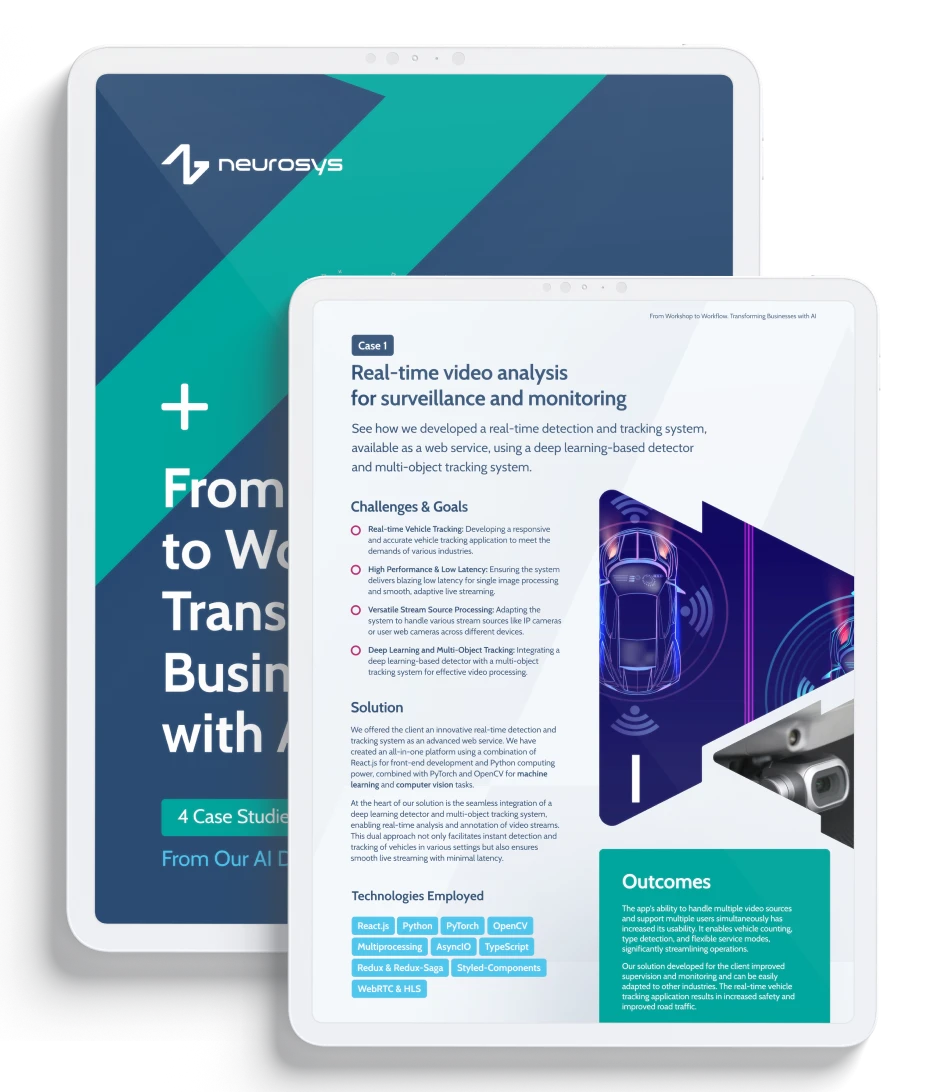The landscape of software development and operations is undergoing a significant transformation, driven by the integration of AI in DevOps. As organizations strive to keep pace with rapid technological advancements, AI is no longer just a buzzword but a critical component in redefining how teams operate, collaborate, and innovate. This article explores the profound impact of artificial intelligence in DevOps, highlighting practical applications, challenges, and the future of AI-driven development processes.
The Shift to AI in DevOps
In the fast-paced world of technology, the traditional boundaries between development and operations are becoming increasingly blurred. AI is at the forefront of this shift, automating routine tasks, enhancing decision-making processes, and enabling teams to focus on more strategic initiatives. For instance, AI tools are now capable of automating testing, deployment, and monitoring, significantly reducing the time and effort required to manage complex software development lifecycles.
AI’s role in DevOps extends beyond automation. Various AI technologies act as a bridge between development and operations teams, fostering a more collaborative environment where both sides can work together more effectively.
By identifying potential issues early in the development process, AI helps teams avoid common pitfalls and ensures projects stay on track. Tools like AI-driven testing frameworks can find dependencies, potential conflicts, and integration problems in code bases, increasing efficiency and preventing issues before they arise.
Read also: Unlocking Generative AI Success with Quality Engineering
Enhancing Collaboration Through AI
One of the most significant benefits of AI in DevOps environments is its ability to enhance collaboration across teams. AI tools can facilitate better communication by scheduling meetings, summarizing discussions, and tracking action items. Automating mundane tasks frees team members to focus on more critical aspects of their work, such as innovation and strategic planning.
Moreover, AI-driven chatbots are becoming indispensable tools in these environments. They serve as always-available assistants, providing developers with quick answers to questions, feedback on ideas, and even code reviews. This instant access to information reduces friction in collaboration and helps teams maintain momentum, even when working across different time zones or geographical locations.
AI-assisted design tools also play a crucial role in the planning and prototyping stages of development. These tools can generate ideas, workflows, and wireframes, which teams can then refine and improve. This not only speeds up the initial phases of development but also encourages more creative collaboration, as team members can build on AI-generated concepts.
Automating Routine Tasks to Focus on High-Value Work
A key advantage of AI in DevOps is the automation of lower-level tasks. AI can take over routine tasks such as:
- Automated testing (powered by machine learning to improve test case generation and coverage)
- Deployment scripts (using natural language processing (NLP) for intelligent automation)
- Continuous monitoring (with anomaly detection algorithms to identify and resolve issues in real-time)
By handling these repetitive tasks, AI frees developers to focus on higher-value work that requires human creativity and problem-solving skills. This shift allows teams to prioritize strategic collaboration and innovation, using their unique strengths to create more impactful solutions.
AI’s ability to simulate different scenarios and test cases is especially beneficial. It can:
- Identify edge cases early (through reinforcement learning to explore all possible paths)
- Surface potential safety issues (using predictive analytics to detect risky patterns)
- Ensure the final product is robust and bug-free (leveraging deep learning for complex issue detection)
This proactive approach not only improves software quality but also reduces the time and costs associated with fixing issues post-deployment.
Read also: Overcoming Challenges in AI Projects in Practice
Challenges and Considerations in AI Adoption
While the benefits of AI in DevOps are substantial, there are also challenges that organizations must address to maximize the potential of these technologies. One of the primary concerns is the loss of human control. As AI systems become more advanced, there is a risk that teams may become overly reliant on AI-generated outputs without sufficient oversight. To mitigate this risk, it is essential to keep developers and other team members actively involved in the oversight of AI-generated code and testing processes.
Managing Expectations for AI
Another challenge is setting realistic expectations for AI. While AI can significantly enhance efficiency and accuracy, it is not a silver bullet that will solve all problems. Organizations must be cautious not to assume that AI is entirely objective or neutral, as this can lead to over-reliance and a lack of critical assessment of AI-generated recommendations. Instead, AI should be seen as a complement to human expertise, not a replacement for it.
To help organizations navigate AI’s potential and find practical, high-impact applications, NeuroSYS offers its AI Discovery Workshop. This service is designed to identify low-hanging fruits in AI adoption for various industries, helping companies leverage AI effectively and responsibly.

The Future of AI in DevOps
As AI continues to evolve, its impact on DevOps is expected to grow significantly. The future of software development will likely see AI playing a central role in automating processes, enhancing collaboration, and driving innovation. However, the key to success lies in harnessing AI responsibly and ethically, ensuring that it amplifies human capabilities rather than overshadowing them.
AI and Human Synergy in DevOps
The integration of AI into DevOps frameworks represents a fundamental shift in how enterprises approach software development and operations. By embracing the symbiotic relationship between AI’s computational power and the creative, problem-solving skills of human teams, businesses can unlock unprecedented levels of innovation and agility. This balanced synergy will be crucial in maintaining a competitive edge in digital transformation.
AI in DevOps: A Conclusion
AI is undeniably transforming the way DevOps operates, bringing new levels of efficiency, accuracy, and collaboration to the forefront. However, the true effectiveness of AI, like any powerful tool, depends on its implementation and the organizational culture’s support for its use. By focusing on responsible AI adoption, organizations can leverage these technologies to drive innovation and stay ahead in the competitive world of software development.
In the end, the future of AI in DevOps will be defined by a balanced approach that combines the strengths of AI with the irreplaceable qualities of human ingenuity. As businesses navigate this rapidly changing landscape, those that successfully integrate AI into their operations will be well-positioned to lead the charge in the next wave of technological advancement.
This content was inspired by the insights provided in the WinWire publication on how AI is changing DevOps.
Ready to explore how AI in DevOps can boost your team’s efficiency? Contact NeuroSYS today and book a free 1-hour consultation with an AI expert to discover how tailored AI solutions can revolutionize your DevOps strategy.





